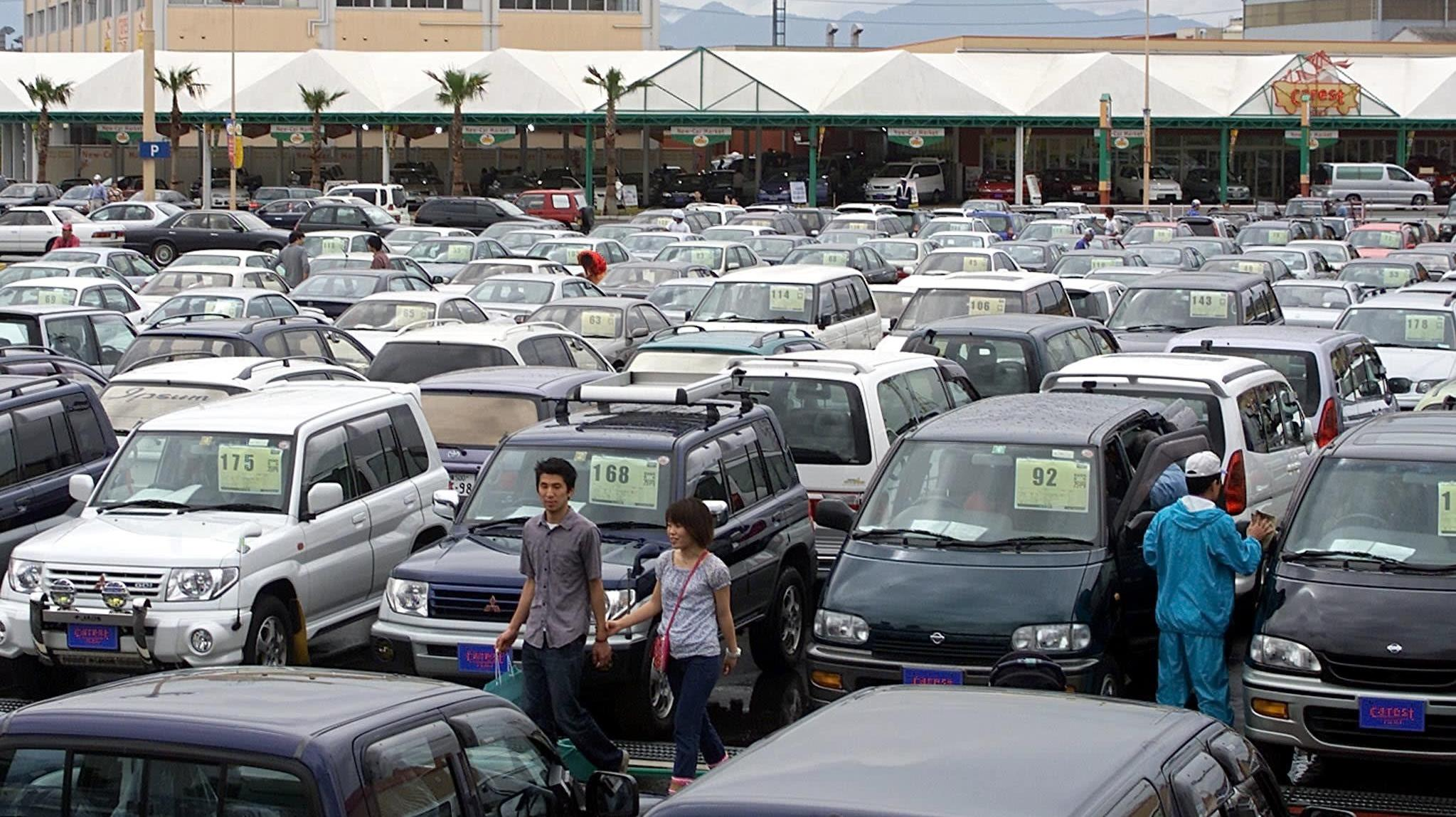Rising Used Car Prices Could Signal Overall Skyrocketing Inflation
Used car prices skyrocketed 17 percent in the last 17 months, The Washington Post reports—more than any other commodity on the market. And it might very well signal that inflation might debilitate the economy.
A big part of the automotive sector's issue has come from the fact that the car industry was massively upended as a result of the COVID-19 pandemic. Cars weren't coming in, and no one was buying used cars. So used car companies started raising their prices as a way to bolster the few sales they were making. And when people got their stimulus money and tax refund checks, demand leaped beyond the capacity many lots had.
With the Biden administration's new stimulus bill coming into effect, economists have been worried that that extra money will "over-stimulate" the economy. Now, I know a lot of folks will call bullshit on that—the United States is still suffering from high levels of unemployment, so people generally theorize that stimulus money will go toward the essentials. But economists think they can utilize the history of the used car market to predict trends.
Here's more from the article:
Since the pandemic began, used cars and trucks have seen the fastest price growth of almost any category of consumer goods, according data from the Bureau of Economic Analysis. The only categories that rival them are major household appliances and "flowers, seeds and potted plants," both of which have seen prices rise more than 10 percent between February of 2020 and this January.
[...]
Business owners like [Michael] Darrow say they there isn't much room to raise retail prices beyond what they're paying at auction. The supply chain for new cars has been constrained by factory shutdowns and ongoing precautions to keep workers safe. And that, in turn, is pinching the used-car market, which relies heavily on trade-ins and auto parts. A global microchip shortage is bungling supply chains even more.
All told, it's more expensive for dealers to repair and source their models, on top of the added cost of staying open in a pandemic.
Darrow doesn't think the price increases he's seeing can be sustained for long. Shoppers know the value of a car, Darrow said. Sometimes he wonders how long dealers will be able to pass on higher prices for cars and trucks before their customers walk away.
Basically, economists are worried that used car inflation can signal a rapid rise in inflation across the board, where costs of everything can jump as much as 10 percent. The Federal government aims to keep inflation down to no more than two percent per year and has consistently fallen short—but the 17 percent jump seen in the used car market is honestly pretty harrowing.
